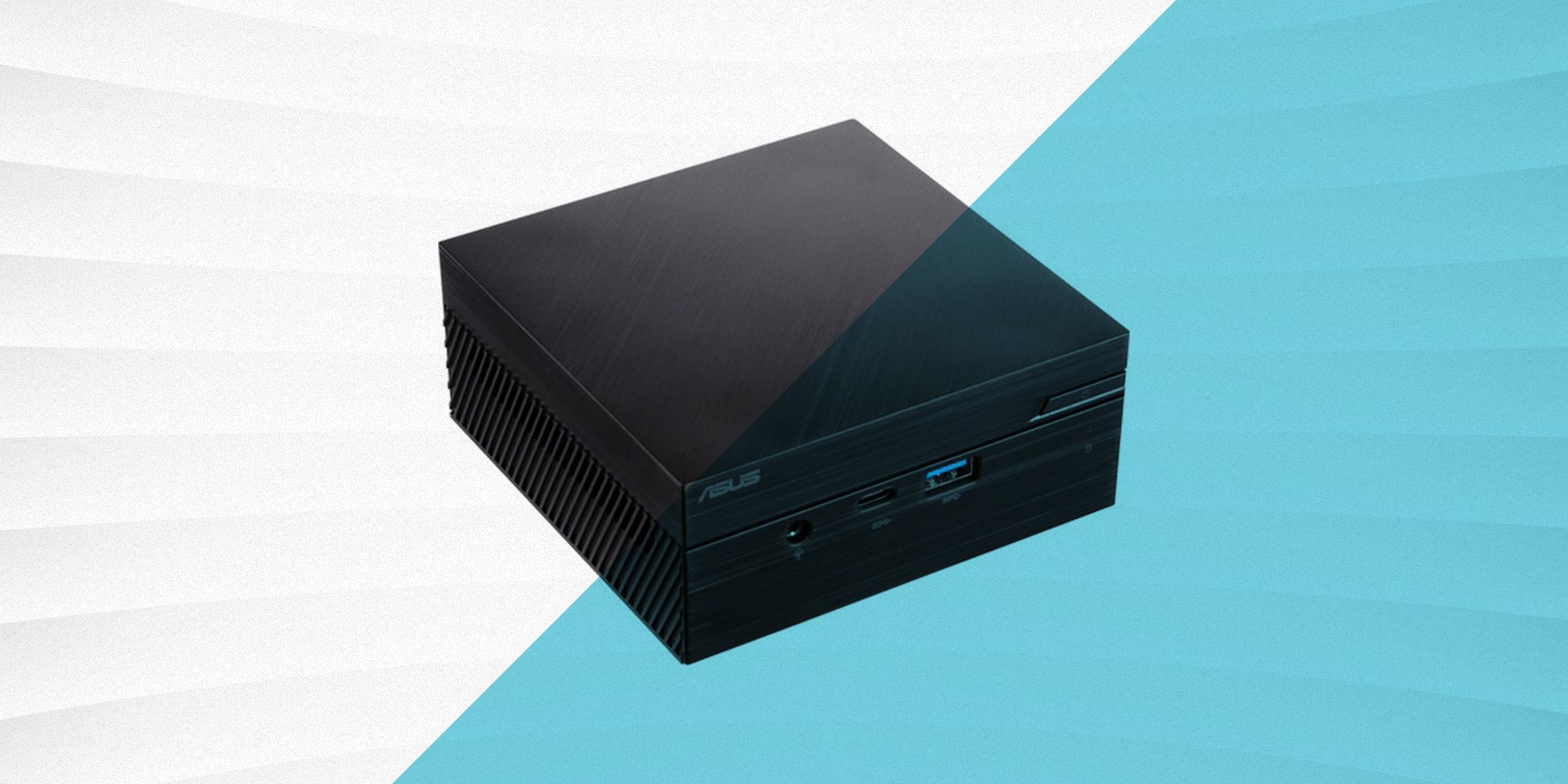In a world where space is at a premium and the demand for computing power continues to soar, mini desktop PCs have emerged as the Tiny Titans of the technology realm. These compact machines challenge the traditional belief that bigger is better, packing a hefty performance punch in a much smaller package. This article will explore how these diminutive dynamos are redefining the computing landscape and why you might consider one for your next PC purchase.
The Rise of the Compact Computer
Minimizing Space, Maximizing Function
Mini desktop PCs, with their reduced footprint, offer enormous potential for users with limited space. From studio apartments to cluttered office desks, these compact units fit neatly into tight spots. Despite their small size, they often host the same hardware as their larger counterparts, ensuring that users don’t have to compromise on performance for the sake of space.
A Shift in Consumer Needs
The era of bulky tower PCs monopolizing desk space is waning as consumers prioritize convenience and mobility. Mini desktop PCs embody this shift, offering desktop-level power that can accompany users almost anywhere. This mobility appeals to a growing segment of the workforce who value the ability to set up a workspace in diverse environments, from coffee shops to co-working spaces.
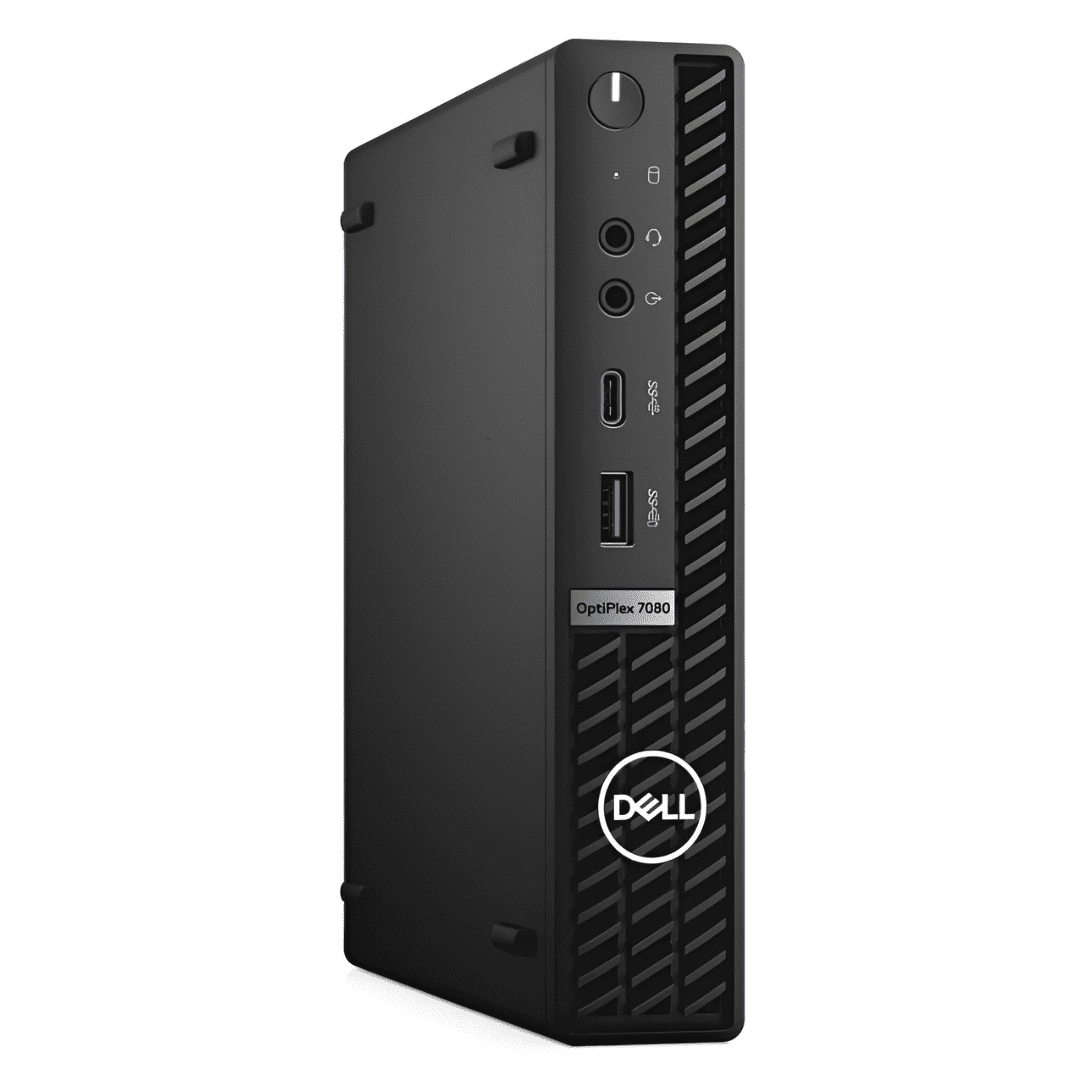
Unpacking the Power Within
Impressive Specs in a Small Package
Modern mini desktop PCs harbor impressive specifications. Many are equipped with high-speed processors, substantial RAM, and expansive solid-state drives (SSDs). This configuration delivers swift boot times, rapid application launches, and smooth multitasking capabilities, enabling these diminutive devices to handle everything from web browsing to video editing.
Suiting Specialized Tasks
Mini PCs are not just for general use; they can be tailored to specialized tasks. Configurations with dedicated graphics cards cater to gamers and creatives, while fan-less designs suit audio production where silence is golden. The versatility of these machines makes them a compelling choice for a range of professional and hobbyist applications.
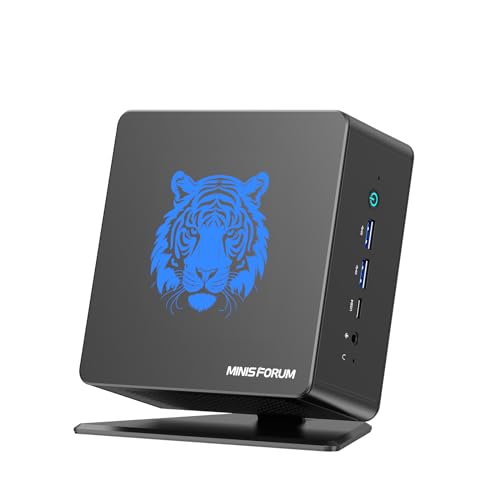
Balancing Cost and Value
Investing in Scalability
Mini desktop PCs are generally more affordable than larger PCs with comparable performance. Yet, cost-effectiveness isn’t solely about upfront expenses; it’s also about longevity and scalability. Some mini PCs allow for component upgrades like additional memory or storage, providing an economical path for keeping the machine in stride with evolving computing needs.
Financial Benefits for Organizations
Businesses and educational institutions see the value in adopting mini PCs, as they can be procured in bulk without imposing space constraints. The low power consumption of these units also translates to reduced energy bills, offering long-term financial benefits and an eco-friendlier option for organizations mindful of their carbon footprint.
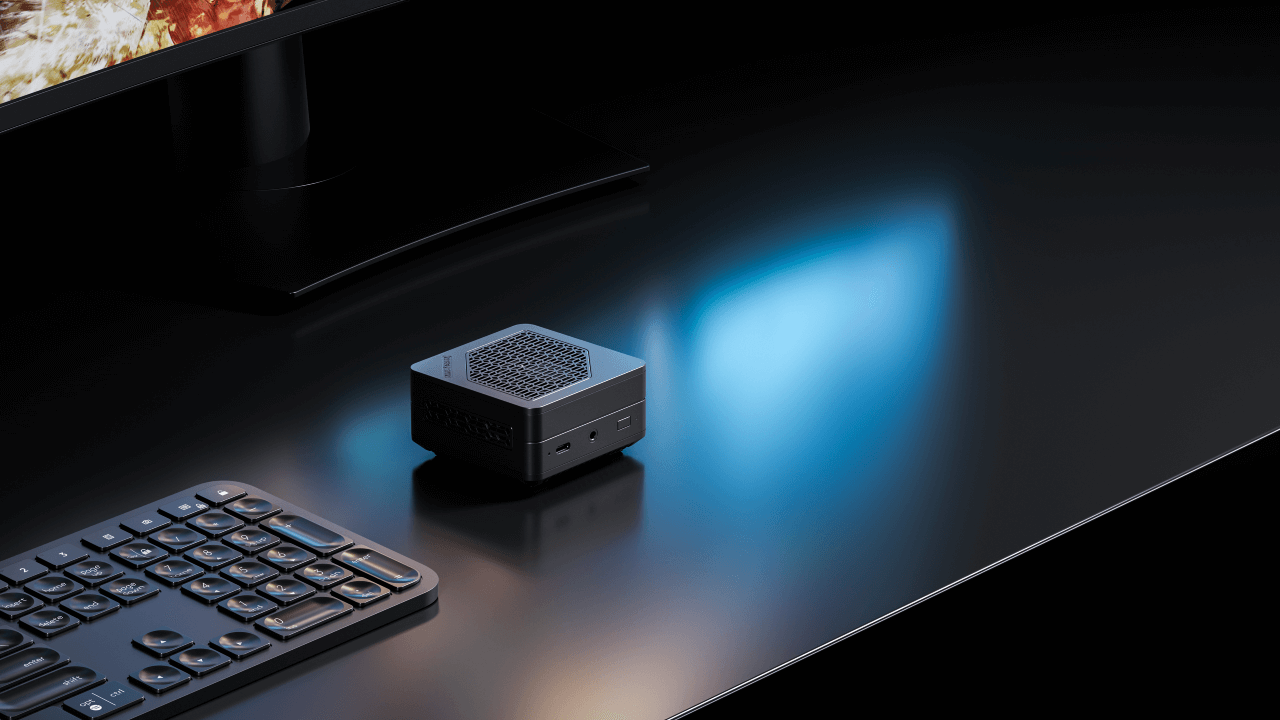
Connectivity and Expansion
Robust I/O for Peripherals
Despite their diminutive size, mini desktop PCs boast robust input/output (I/O) capabilities. A generous array of ports – including USB, HDMI, Ethernet, and even Thunderbolt – ensures that connecting peripherals is hassle-free. This allows users to build a comprehensive workstation with multiple monitors, external storage, and other devices, all anchored by the mini PC at the core.
Wireless Technologies
Mini PCs embrace wireless technologies, often offering integrated Bluetooth and Wi-Fi connectivity. This wireless integration cuts down on the tangle of cables and lends to a cleaner, more organized workspace. For users relying on cloud services or networking, this flexibility is key in maintaining a streamlined and efficient setup.
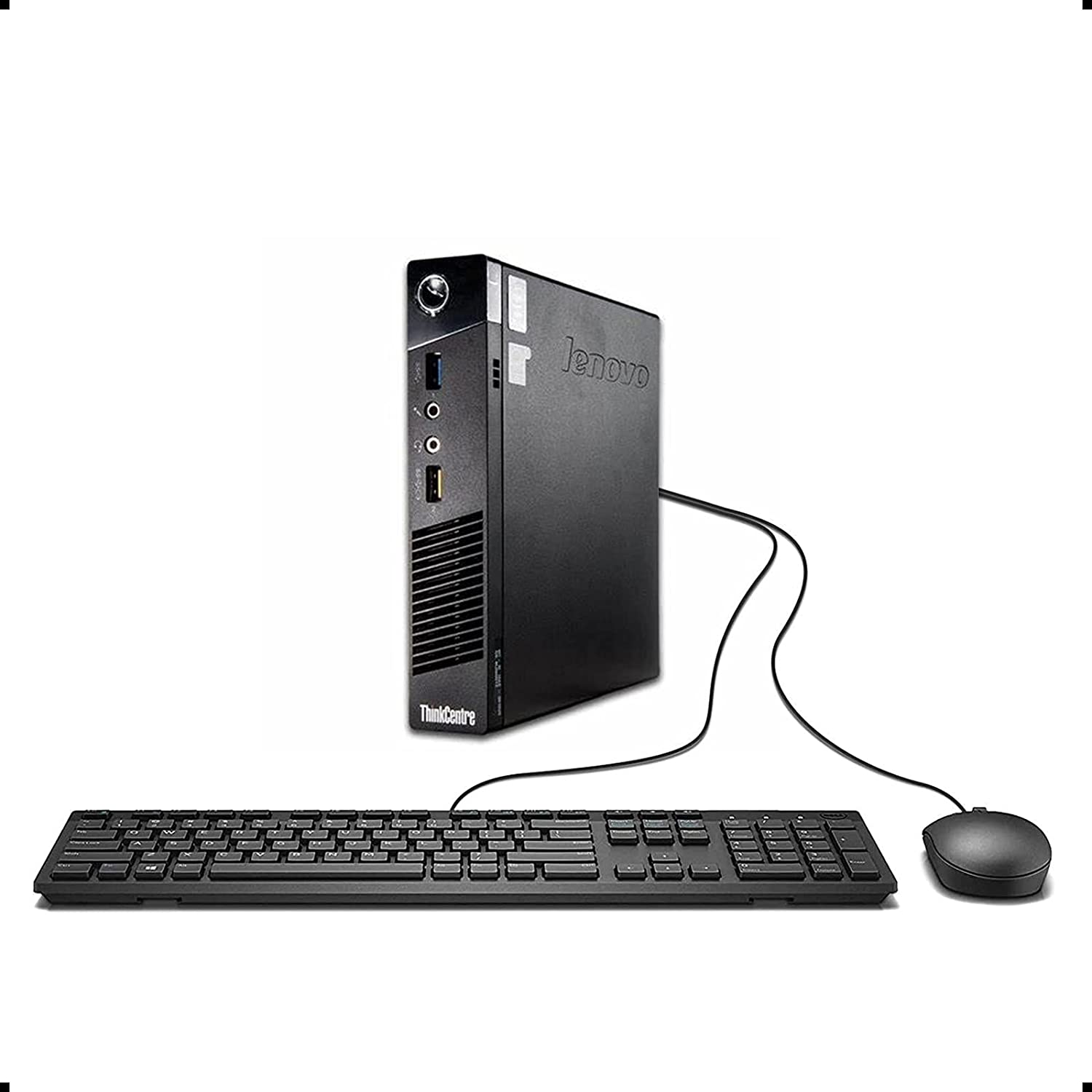
Environmental Impact and Efficiency
The Green Computing Option
The environmental impact of computing cannot be ignored, and mini desktop PCs stand out as a green computing option. They consume considerably less power than larger PCs, reducing the electricity costs and the overall energy consumption. This efficiency is a step forward for environmentally conscious consumers aiming to minimize their ecological footprint.
Passive Cooling and Silent Operation
Without the need for multiple fans or large cooling systems, many mini desktop PCs utilize passive cooling technology, which contributes to their energy efficiency. This approach not only saves power but also results in silent operation, making mini PCs perfect for environments where noise pollution must be kept to a minimum.
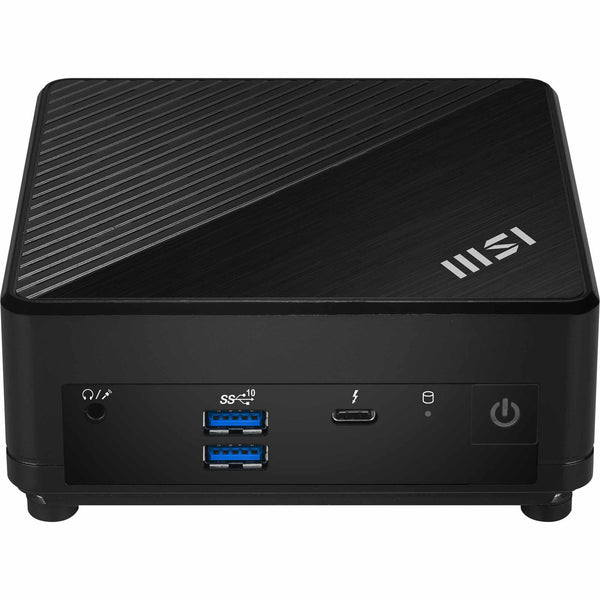
The Future of Portable Desktops
The Evolving Landscape of Computing
As technology continues to advance, the trajectory of mini PCs is one of upward mobility – quite literally. With tech giants and startups alike investing in smaller form factors, we can expect future generations of mini PCs to become even more powerful and portable, further cementing their role in the evolving landscape of personal computing.
The Portable Workstation Paradigm
The surge in remote and flexible working has catalyzed a redefinition of the workstation. The mini PC, by virtue of its portability and power, supports the emergence of a new paradigm where high-performance computing is not confined to a single location but rather travels seamlessly with the user.
Enhancing Home Entertainment Experiences
Creating the Ultimate Media Center
The mini desktop PC transitions effortlessly into the living room, owing to its size and capability. It can serve as the heart of a home entertainment system, managing media libraries or streaming high-definition content from the internet. With support for high-resolution outputs and surround sound audio, these compact machines are turning living rooms into cinematic experiences, providing a compelling argument for their place in modern homes.
Gaming and Virtual Reality Readiness
For gamers, the latest mini PCs are more than capable of delivering an immersive experience. Many models now come with powerful GPUs that support popular gaming titles and even virtual reality systems. As a result, gamers can enjoy a top-tier gaming session without needing a traditional, bulky gaming rig, freeing up space without sacrificing performance or visual fidelity.
Streamlining Education and Development
Enhancing Learning Environments
In educational settings, mini desktop PCs are increasingly popular due to their modest space requirements and strong performance profile. Schools and universities are using these systems to equip labs and classrooms with powerful computing resources that facilitate learning. They’re ideal for computer science courses, graphic design, real-time collaborations, and other resource-intensive academic applications.
Empowering Developers and Innovators
Software developers benefit from the small form factor and strong performance of mini desktop PCs. Whether building applications, running complex code, or handling virtual machines, these computers keep pace with demanding tasks. With the ability to set up a multi-monitor developer workstation, or even carry the unit to hackathons and coding events, mini PCs are becoming a go-to for creative and technical professionals who value space as much as they value processing power.
